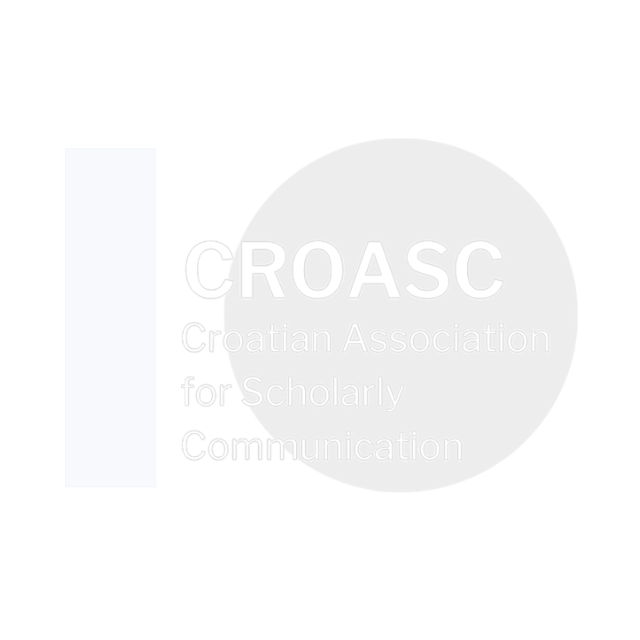Bridging Gaps in Open Science Education and Support: A Survey of Croatian Researchers
short talk × thursday × 14.00-15.30
Maja Hoić
Institute for Development and International Relations, University North, Udruga Penkala
Croatia
Una Pale Simon
University of Zurich
Switzerland
Udruga Penkala
Croatia
Inga Patarčić
Max Delbrück Center for Molecular Medicine
Berlin, Germany
Udruga Penkala
Croatia
Ksenija Baždarić
University of Rijeka, Udruga ZNAK
Croatia
Ivan Buljan
University of Split, Croatian Reproducibility and Integrity Network
Croatia
Antica Čulina
Ruđer Bošković Institute
Croatia
Ana Marušić
University of Split, Croatian Reproducibility and Integrity Network
Croatia
Jadranka Stojanovski
University of Zadar
Croatia
Open Science (OS) is reshaping research practices worldwide, promoting transparency, collaboration, and wider accessibility of scientific outputs. However, the adoption of OS practices varies greatly across countries and disciplines, often influenced by national policies, institutional support structures, and individual researchers’ experiences (UNESCO, 2023). In Croatia, while various initiatives promoting OS have emerged, a comprehensive understanding of the available educational resources and institutional support mechanisms remains limited. This lack of systematic insight may hinder efforts to ensure high-quality scientific communication aligned with OS principles. To address this gap, we conducted a preregistered nationwide study aimed at understanding perceptions and practices in Open Science (Hoić et al., 2024) and to better interpret the results, we mapped the landscape of OS education and support across Croatian research institutions.
The study was designed to capture multiple dimensions of OS engagement among Croatian researchers and covered six core areas: (1) demographic information, (2) general perceptions about OS, (3) publishing in open access, (4) peer review processes, (5) scientific data, and (6) scientific communication and education. By analysing these domains, the survey aimed to provide a detailed, empirically grounded overview of the current state of OS capacity in Croatia. The survey encompasses a diverse range of scientific disciplines, institutional affiliations, geographic locations, and career stages, with particular attention given to involving doctoral candidates, who ultimately comprised the largest share of respondents. By March 2025, we had collected 449 valid responses, with doctoral candidates and students accounting for 72% of the total. The survey remains open as we continue our efforts to increase participation from senior researchers and members of the Croatian research community living and working abroad.
In this presentation, we focus specifically on awareness, perceptions and self-reported knowledge of OS concepts, and how they correlate with the availability and types of OS education, institutional support, and individual motivations for engaging in OS. Specifically, we quantify the proportion of researchers who have attended OS-related trainings and workshops, and identify the most common formats and providers of such educational activities. We explore researchers’ familiarity with key OS practices, including data sharing, pre-registration, open peer review, and the use of preprints, building on previous findings that highlighted both enthusiasm and uncertainties among Croatian scientists regarding these practices (Baždarić et al., 2021).
Beyond educational opportunities, we use and extend the mapping done by Bolkovac et al. (Bolkovac et al., 2025) to cover to which Croatian institutions have established guidelines, support offices, or incentive structures that facilitate OS adoption. These findings are then contextualized and correlated with the survey results. Finally, recognizing that integrating OS into research assessment systems is essential to encourage broader participation (Saenen et al., 2019), we analyze researchers’ attitudes towards the evaluation and rewarding of OS practices.
The study’s results aim to provide actionable insights for a range of stakeholders, from researchers themselves to research institutions, training providers, and policymakers. Recommendations focus on enhancing OS training programs, improving institutional infrastructures, and addressing identified gaps in researcher support. In doing so, we highlight the potential of OS to serve not only as a framework for openness, but also as a driver of quality improvement in all stages of scientific communication, from data management to publication and peer evaluation. By mapping both the existing resources and unmet needs, our findings seek to contribute to ongoing national and European discussions about fostering a more open and inclusive research culture.
keywords
Croatia, education, institutional support, knowledge gaps, Open Science, research policy
References
Baždarić, K., Vrkić, I., Arh, E., Mavrinac, M., Marković, M. G., Bilić-Zulle, L., Stojanovski, J., & Malički, M. (2021). Attitudes and practices of open data, preprinting, and peer-review—A cross sectional study on Croatian scientists. PLOS ONE, 16(6), e0244529. https://doi.org/10.1371/journal.pone.0244529
Bolkovac, J., Bogut, A. Z., & Kraina, T. (2025). Open Science Infrastructure in Croatia: Examples and Trends. 027.7, 12(1). https://doi.org/10.21428/1bfadeb6.b6c29488
Hoić, M., Pale, U., Patarcic, I., Stojanovski, J., Buljan, I., Marusic, A., & Culina, A. (2024).
Survey on perception and practices of open science in Croatia. https://doi.org/10.17605/OSF.IO/PM6SX
Saenen, B., Morais, R., Gaillard, V., Borrell-Damián, L., & Tobon, F. (2019). Data for Research Assessment in the Transition to Open Science. 2019 EUA Open Science and Access Survey Results [Dataset]. Zenodo. https://doi.org/10.5281/ZENODO.3600122
UNESCO. (2023). Open science outlook 1: Status and trends around the world. UNESCO. https://unesdoc.unesco.org/ark:/48223/pf0000387324
presenter's biography
Maja Hoić is a librarian at the Institute for Development and International Relations (IRMO) in Zagreb and a PhD candidate in Information Sciences at the University North. She is a member of the Open Science Monitoring Initiative (OSMI) and serves as the Eurodoc representative in the CoARA Working Group on Ethics and Research Integrity in AI. She previously contributed to the development of CroRIS, the Croatian national CRIS system. She is also an active member of the Penkala Association, where she coordinates research on Open Science awareness and perceptions among Croatian researchers and students.

